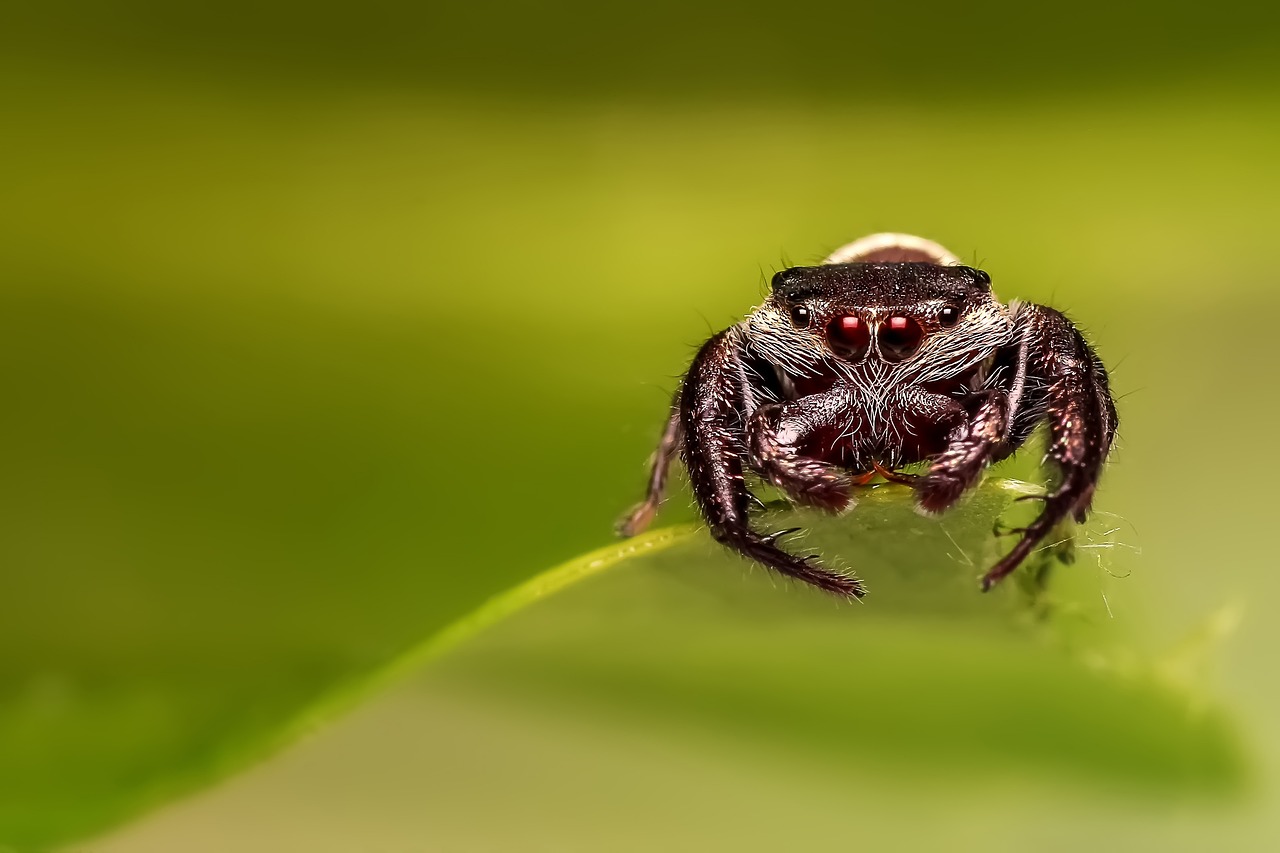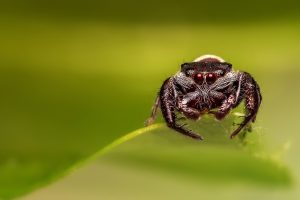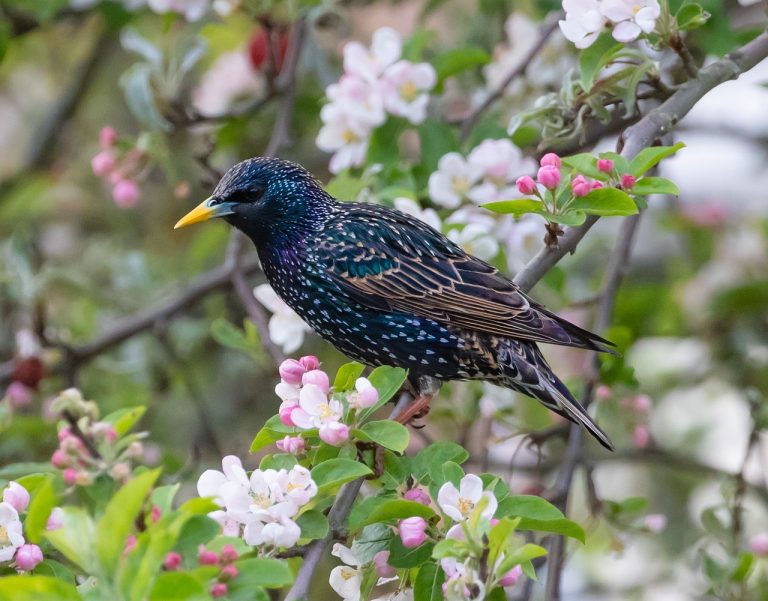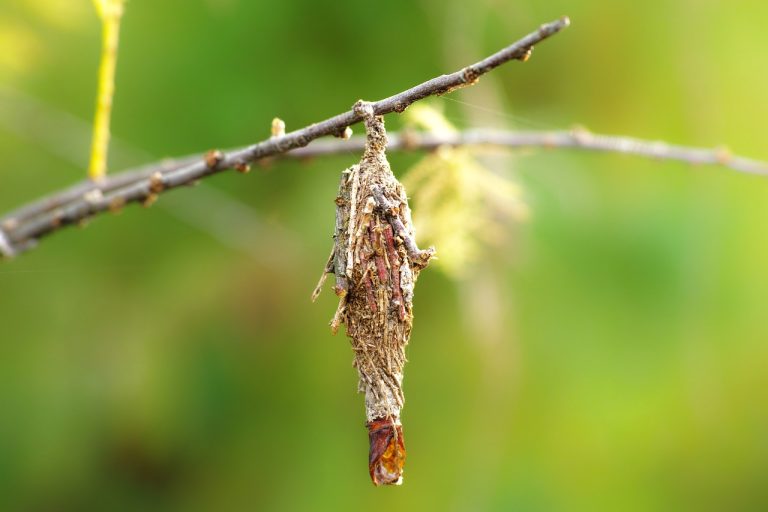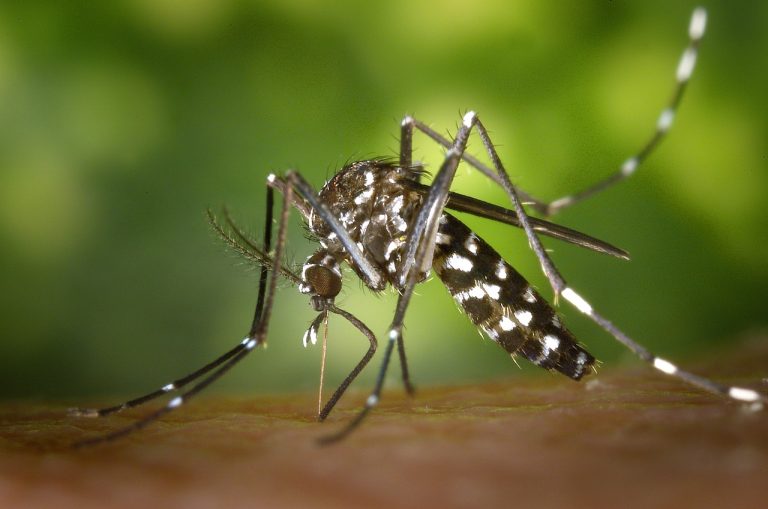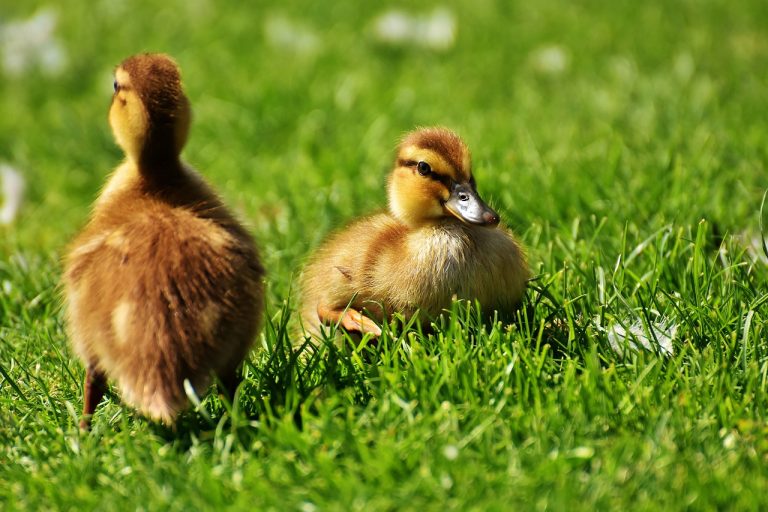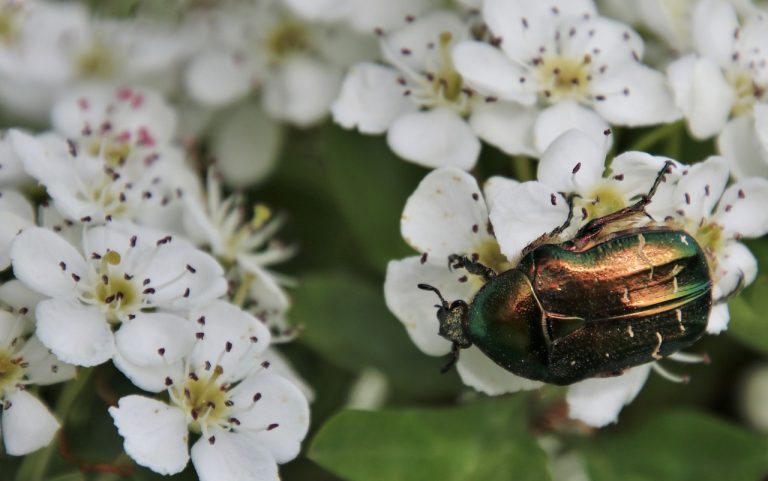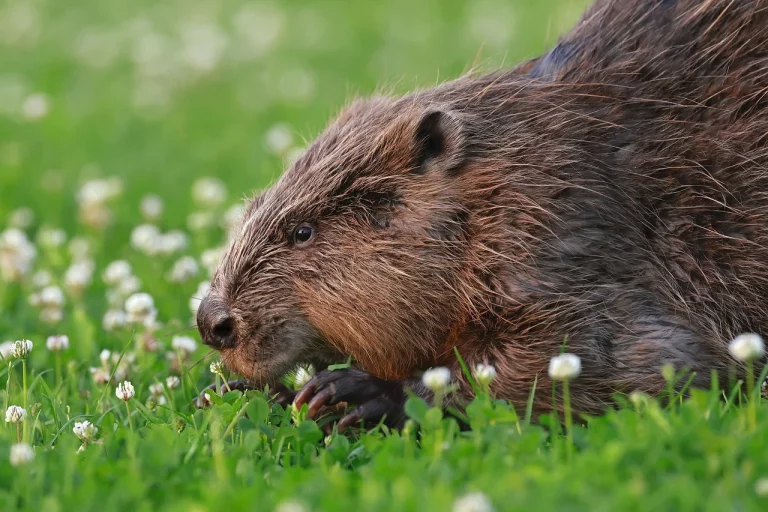DO SPIDER PLANTS ATTRACT SPIDERS (7 amazing facts)
“Are your lush spider plants secretly weaving a tangled web to attract eight-legged visitors? The mystery surrounding the supposed spider-attracting abilities of these vibrant houseplants often spins a web of curiosity. Contrary to popular belief, spider plants hold no secret allure for arachnids. Let’s unravel this myth, shedding light on the real story behind these captivating green companions and their supposed magnetic pull on spiders.”
DO SPIDER PLANTS ATTRACT SPIDERS?
No, spider plants do not attract spiders. They don’t emit any signals or scents that specifically draw spiders to them.
Spider plants are often mistaken for attracting spiders due to their name, but there’s no scientific evidence supporting this claim. Spiders are more attracted to areas with ample prey and hiding spots, not specifically to spider plants. These plants actually play a role in purifying the air and are popular for their ornamental value rather than being a magnet for spiders.
Factors like cleanliness, clutter, and the presence of insects are more likely to attract spiders indoors. Spider plants, however, don’t possess any traits that actively entice spiders to inhabit them. Their appeal lies in their aesthetic beauty and air-purifying qualities rather than in attracting arachnids.
SPIDER PLANT CHARACTERISTICS
The distinct features of spider plants include their long, narrow leaves that arch gracefully from the center. They propagate easily, producing offshoots called “spiderettes” that dangle from the mother plant, enhancing their visual appeal. Factors like adequate sunlight, well-draining soil, and moderate watering contribute to their healthy growth.
SPIDERS AND THEIR BEHAVIOR
Spiders, being predators, play a crucial role in ecosystems by controlling insect populations. Contrary to popular belief, spider plants do not inherently attract spiders. Spiders are drawn to spaces abundant in prey, moisture, and shelter. Factors like clutter, food sources (such as insects), and dark, undisturbed areas are more likely to attract spiders.
BENEFITS OF HAVING SPIDER PLANTS
Aside from their ornamental value, spider plants excel in air purification, removing toxins like formaldehyde and carbon monoxide from the air. Their presence not only enhances indoor aesthetics but also contributes to a healthier living environment.
NATURAL SPIDER REPELLENTS
While spider plants themselves do not repel spiders, certain plants like lavender, peppermint, and citronella possess properties that deter spiders. Strategic companion planting with these species can aid in minimizing spider presence indoors.
TIPS FOR SPIDER PLANT CARE
Maintaining spider plants involves providing indirect sunlight, regular watering without waterlogging the soil, and occasional fertilization. Pruning damaged leaves and ensuring proper drainage are essential for their optimal growth.
DEBUNKING MYTHS ABOUT SPIDER PLANTS AND SPIDERS
The misconception regarding spider plants attracting spiders often arises from a misunderstanding of their characteristics. Spider plants, despite their name, do not possess properties that actively allure spiders. They thrive in diverse environments without inherently attracting arachnids.
SPIDER-FRIENDLY SPACES
Creating an environment that discourages spiders while nurturing spider plants involves minimizing clutter, sealing cracks and gaps, and maintaining cleanliness. Striking a balance between fostering greenery and preventing spider intrusion is key to ensuring a harmonious living space.
Frequently Asked Questions (FAQ) about “Do Spider Plants Attract Spiders?”
Do spider plants actually attract spiders?
No, spider plants themselves do not attract spiders. They lack properties that specifically entice spiders.
Can spider plants repel spiders?
Spider plants do not repel spiders. They don’t emit any scents or signals that deter spiders.
What factors attract spiders indoors?
Spiders are drawn to spaces with abundant prey, clutter, and hiding spots, not specifically to spider plants.
How do spider plants contribute to a home environment?
Spider plants contribute by purifying indoor air and adding an ornamental touch to spaces.
Are spider plants hazardous due to potential spider attraction?
No, spider plants pose no inherent risk of attracting spiders or causing harm.
Can spider plants be placed in areas prone to spiders?
Yes, spider plants can be placed anywhere; they do not actively attract spiders.
Should I worry about spider plants inviting spiders indoors?
There’s no need to worry; spider plants themselves do not invite spiders into spaces.
Do certain scents from plants attract or repel spiders?
Some plants like lavender and peppermint have repellent properties for spiders, but spider plants don’t possess such traits.
How do spider plants differ from spider-repelling plants?
Spider plants focus on aesthetics and air purification, while repellent plants actively deter spiders with specific scents.
Are there specific precautions to take with spider plants and spiders?
No special precautions are needed; spider plants are harmless and don’t attract spiders.
CONCLUSION
“In the intricate world of plants and their curious connections, the myth linking spider plants to spider attraction unravels. Through this exploration, it becomes evident that spider plants do not beckon spiders into our homes. Instead, they stand as vibrant, air-purifying companions, adding beauty to our spaces without inviting arachnid guests. Understanding that spiders are drawn to different stimuli, the charm of spider plants remains untarnished, offering not a web of intrigue for spiders, but a breath of fresh air and ornamental allure for us to cherish.”

